Costa Rica vs. Greece: Will Greece spread wings or park bus?
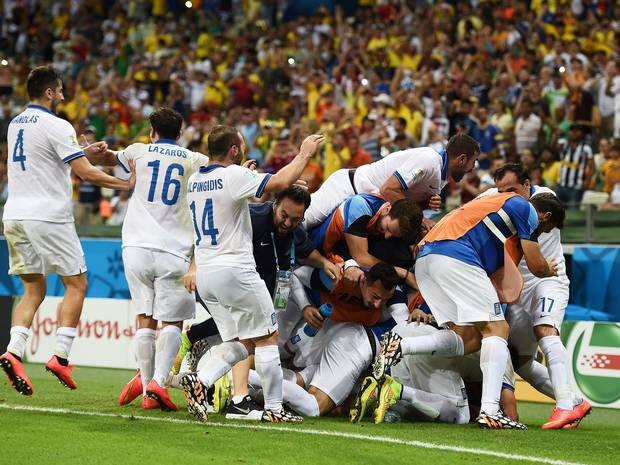
"Oh my God, yes!" ran the front page headline in Greece’s Sport Day newspaper on Wednesday, the morning after the country’s success in reaching the last 16 of the World Cup for the first time. Elsewhere in the world, a more likely response might have been: “Oh my God, no! After all, Greece – 10 years on from an improbable Euro 2004 triumph built on solid defending and set-pieces – could easily be regarded as unwelcome gatecrashers at a World Cup party marked by exciting, attacking football. This tournament has seen more goals per game (2.83) in the group stage than any World Cup since 1958, yet Greece’s goals-per-game average on this stage is 0.44. Indeed, before overcoming Ivory Coast 2-1 after Georgios Samaras’s injury-time penalty to snatch second place in Group C, they had found the net in only one of eight previous World Cup matches in their history.
One player from today’s last-16 opponents, Costa Rica, Yeltsin Tejeda, unwittingly summed up this feeling of a team swimming against the tide when he admitted the Central American side had been thinking about facing Colombia or Ivory Coast but now had “to change the video cassette”. To understand the Greek approach you have to rewind 20 years to the country’s first World Cup appearance, at USA 94. When Greek journalists came home complaining about “4-4-2”, it had nothing to do with tactics but rather the beatings their team suffered: 4-0 against both Argentina and Bulgaria and 2-0 against Nigeria. Given Greece’s supply line of good defensive players and simultaneous struggle to produce a world-class striker, it is no surprise they retained the safety-first template. Even in qualifying for Brazil they managed just 12 goals in 10 group games yet conceded only four.
Zagorakis saw similarities with his 2004 side on Tuesday in “the team spirit and huge desire of the players” as they recovered from injuries to midfielder Panagiotis Kone and goalkeeper Orestis Karnezis, and the setback of a late Ivory Coast equaliser, to win at the death. It is a spirit summed up, he added, by his old colleague Georgios Karagounis, still driving the side on at 37 and “the absolute example of how a player gives his soul for the team”. Yet it must be added that Greece showed us something more than just spirit in Fortaleza. As another of their Euro 2004 winners, Stelios Giannokopoulos, points out, against Ivory Coast they revealed a refreshing attacking dimension in a game they had to win.
Greece has developed a reputation over the years of being extremely hard to break down, particularly if it takes the lead. It has almost perfected the classic Italian system in which teams play in an ultra defensive way and hope to score a single goal on the counter-attack to take a lead they would then defend. Costa Rica emerged as one of the form teams of the group stages, stunning Uruguay and then Italy before drawing with England to finish top of Group D.
Given the flair with which Costa Rica sailed through Group D, it should start as favourite at the Arena Pernambuco - where it stunned a lifeless Italy 1-0 last week. But if Greece progresses, the country’s federation bosses will need to look for a quick-fix solution to keep Santos on board for a few extra days. Santos’s contract runs out the day after the last 16 clash.


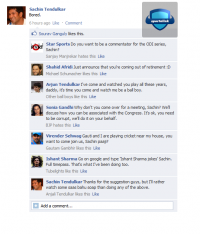
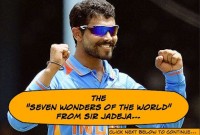

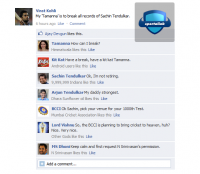


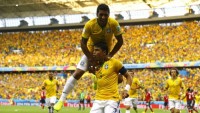
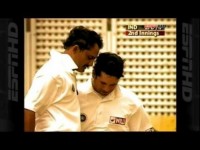


0 Comments/Replies